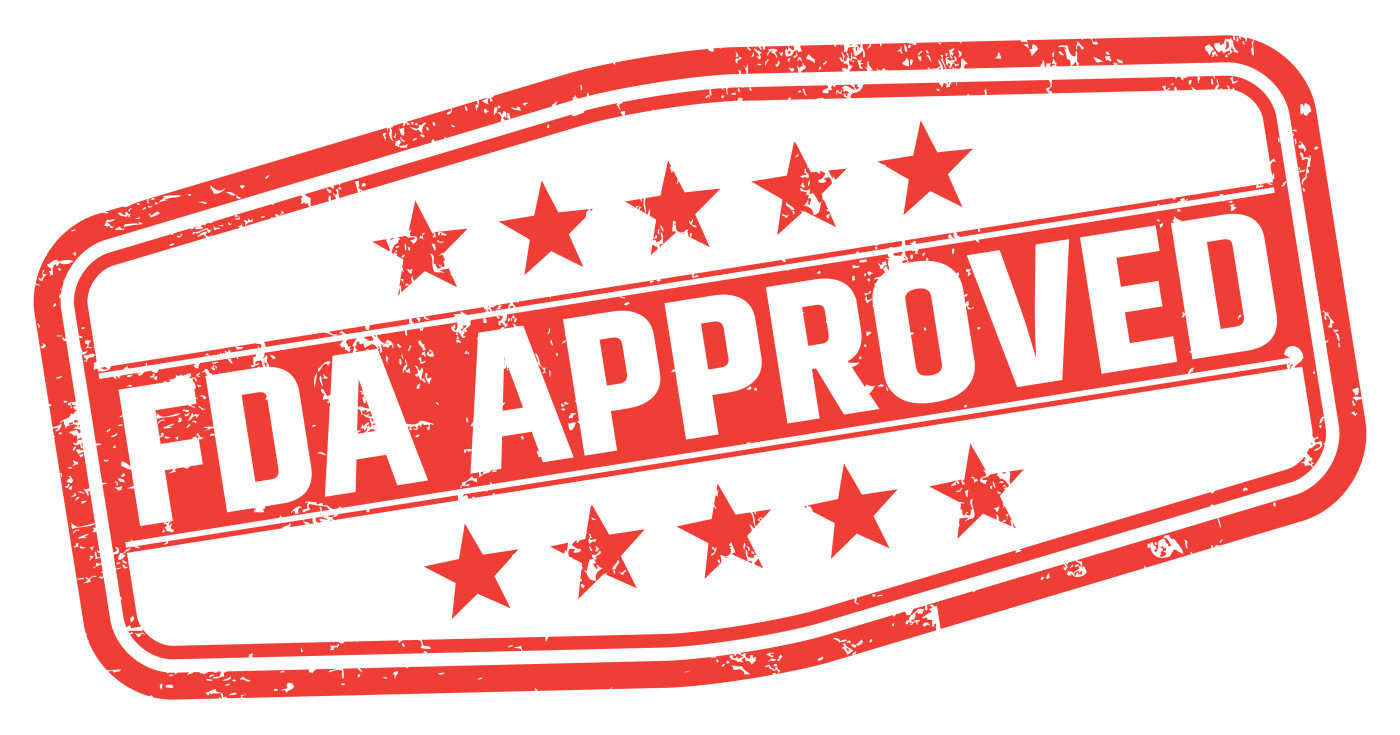Factor VII Treatment Approved by FDA for Hemophilia A and B with Inhibitors
Written by |

The U.S. Food and Drug Administration (FDA) approved Sevenfact (coagulation factor VIIa [recombinant]-jncw) for the treatment and control of spontaneous bleeding episodes in people, ages 12 and older, with hemophilia A or B with inhibitors.
Hemophilia, a genetic disorder, affects the body’s ability to make blood clots to prevent excessive bleeding. In hemophilia A, this is caused by the lack of a clotting protein called factor VIII (FVIII), and in hemophilia B by the lack of a clotting protein called factor IX (FIX).
Standard treatments for both disease types are based on providing the missing clotting factors to patients prophylactically, or as a preventive measure, to avoid spontaneous bleeding episodes — a form of treatment known as replacement therapy. However, many patients end up developing inhibitors (neutralizing antibodies) to these artificial clotting factors, rendering the treatment useless.
Sevenfact is a bypassing agent developed by the French company Laboratoire Francais du Fractionnement et des Biotechnologies (LFB). It promotes blood clotting by providing an artificial, activated form of factor VII (FVII) to patients, and is specifically intended for those with hemophilia A or B who developed inhibitors to FVIII or FIX replacement therapies.
Its active ingredient, an artificial form of FVII, is purified from the milk of genetically engineered rabbits, and subsequently converted into its activated form (FVIIa) through LFB’s proprietary rPro technology.
“Today’s approval provides another treatment option for the control of bleeding episodes in adults and adolescents with hemophilia who have developed inhibitors,” Peter Marks, MD, PhD, director of the FDA’s Center for Biologics Evaluation and Research (CDER), said in a press release.
The engineered (recombinant) DNA construct (rDNA) that is inserted into the animals and used for the production of Sevenfact was previously approved, and found safe for both people and the rabbits, by the FDA’s Center for Veterinary Medicine.
The approval was based on data from a Phase 3 trial (NCT02020369), named PERSEPT 1. The trial assessed the safety and efficacy of Sevenfact at controlling mild or moderate bleeding episodes, within 12 hours, in 27 adults or adolescents with hemophilia A or B with inhibitors. Sevenfact was administered intravenously (into the bloodstream), at a dose of 75 or 225 mcg/kg.
During the trial, Sevenfact was used to control a total of 465 mild or moderate bleeds.
Findings revealed that, when administered at a dose of 75 mcg/kg, Sevenfact was able to control 84.9% of mild-to-moderate bleeds within 12 hours. This percentage was higher (93.2%) for those treated with the 225 mcg/kg dose.
Treatment was also used to control three severe bleeding episodes, which were all successfully managed with the higher dose.
Both doses were approved by the FDA, according to its prescribing information, with the dose used and its frequency to be determined by patient response and bleed control.
These two doses were selected for the Phase 3 trial based on data from a Phase 1 study (NCT01708564). This trial assessed the safety and pharmacokinetic properties of three escalating doses of Sevenfact in 15 patients with hemophilia A or B, with or without inhibitors. Pharmacokinetics refers to how a compound is absorbed, distributed, metabolized, and eliminated from the body.
Treatment was well-tolerated, with its most common side effects including headaches, fever, dizziness, and infusion-related reactions and discomfort.
The medication is not recommended for those with allergy or hypersensitivity to rabbits or rabbit proteins.
Patients with other medical conditions that increase their chances of blood clots (thrombosis) may be at a higher risk of having severe arterial and venous thrombotic events, the FDA warns. As such, those experiencing symptoms of a thrombotic event or hypersensitivity are advised to stop treatment with Sevenfact immediately and seek appropriate medical help.


